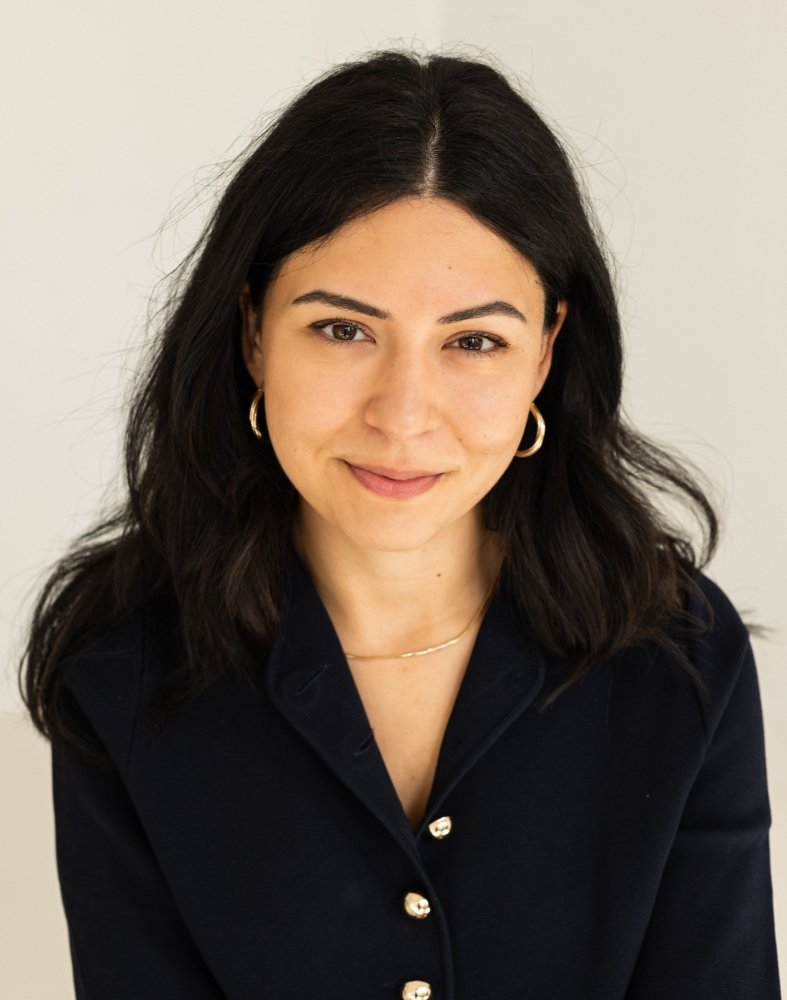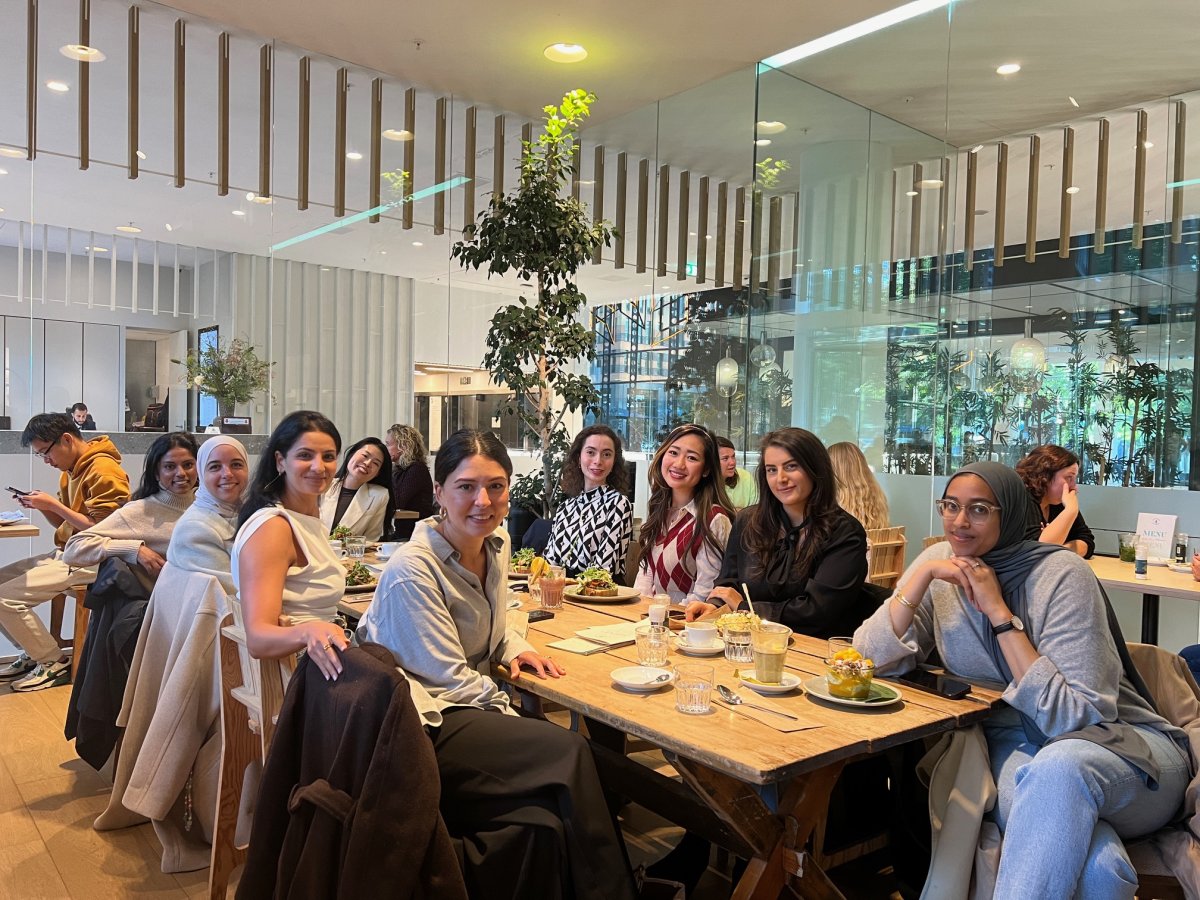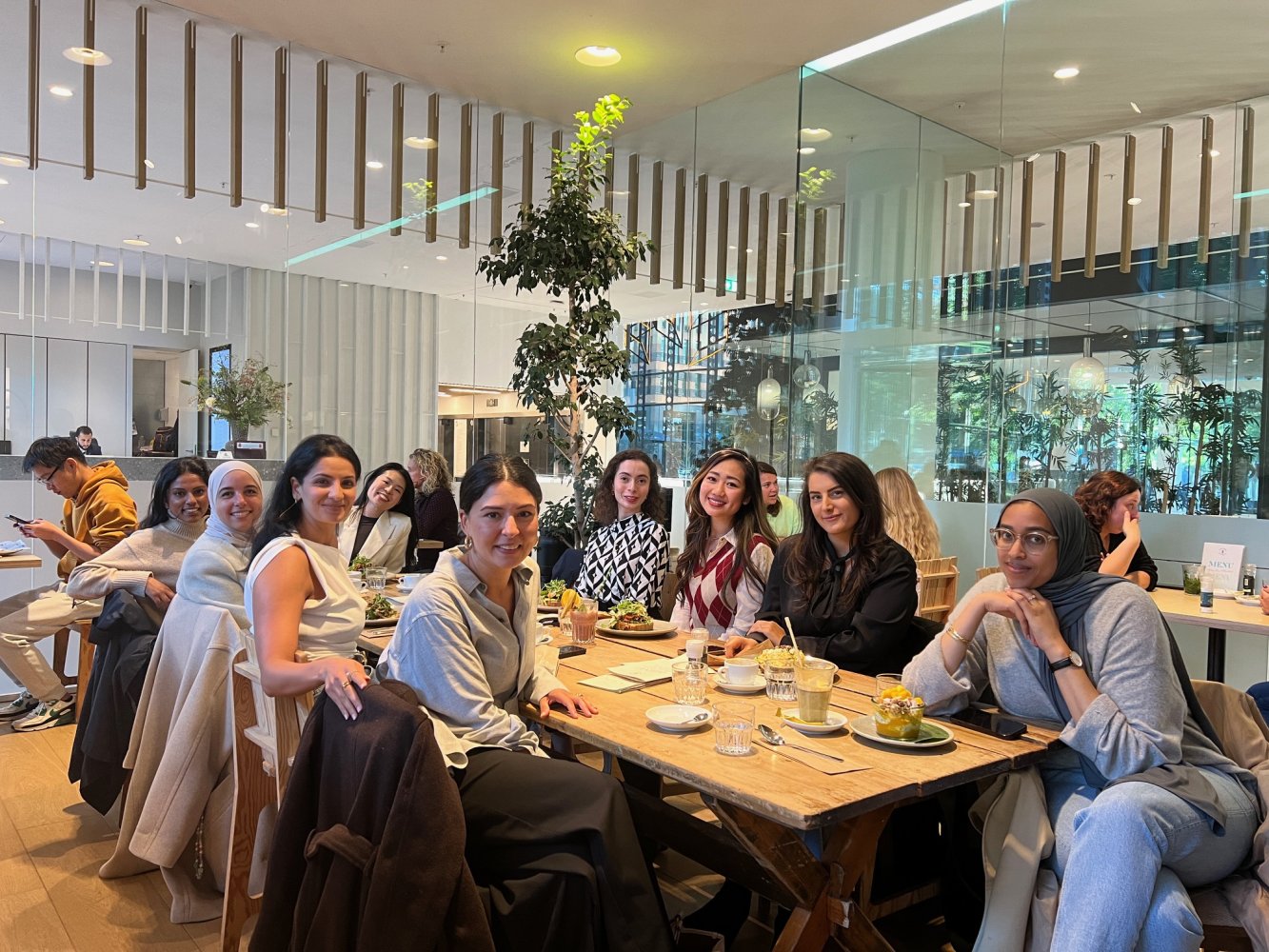Breaking barriers and building legacies: the rise of first generation professionals

Who is Necla Kaplan?
Necla Kaplan is the founder of First Gen and currently works at ABN AMRO, where she started her career in 2017 through a management traineeship. Since then, she has focused on innovation, digitalization, and proposition development.
Born in the Netherlands to Turkish immigrant parents, Necla’s journey has been shaped by the experience of navigating two cultures.
"As a first-generation professional, I was the first in my family to pursue higher education and a corporate career," she explains. "This brought both opportunities and challenges. While I was motivated to succeed, I entered the corporate world with no prior exposure, unfamiliar with its social norms, and without any role models. I was forging a new path."
These experiences inspired Kaplan to establish First Gen, a platform dedicated to supporting the personal and professional development of first-generation professionals.
What is First Gen?
Necla founded First Gen to empower first-generation professionals by providing the resources and community they need to succeed. Whether it’s navigating the workforce or advancing their careers, First Gen addresses the unique needs of those who, like her, are the first in their families to take these steps.
“There’s a lot of unspoken pressure on first-generation professionals,” Kaplan explains. “We often lack the social capital and network, which can make it harder to break into certain industries, let alone thrive early in our careers. First Gen aims to change that.”
Through corporate keynotes, workshops, networking events, and one-on-one mentorship, First Gen creates a space for first-generation professionals to connect with peers who understand their journey.
How Did the Idea for First Gen Come About?
The concept for First Gen emerged from Necla’s personal journey and her realization that many of the challenges she faced were shared by others.
“When I started my career, I often felt like an outsider. There wasn’t much representation, and I struggled to find people who truly understood the unique challenges I faced,” Necla reflects. “I knew there were many others like me, and I wanted to create a space that would not only help first-generation professionals enter these industries, but also excel within them.”
At one point, Necla realized that her challenges were not solely linked to her cultural background but were deeply tied to the shifts in her socio-economic status as she advanced in her career. She explains: “I no longer felt a sense of belonging to where I came from, but at the same time, I didn’t quite fit into the new social class I had become a part of.”
Kaplan emphasizes the significance of first-generation professionals, noting that over one-third of graduates each year are first-generation—more than 50,000 young professionals. Despite their growing numbers, many companies are still unaware of the unique challenges and untapped potential within this group, often failing to provide structured support in the early stages of their careers. This oversight makes it harder to foster a diverse pipeline of talent. Kaplan’s research and training programs aim to address this gap by advocating for support from day one.
She adds that the barriers for first-generation professionals go beyond academic achievements. “It’s about breaking into established networks, navigating social mobility, overcoming imposter syndrome, and finding mentors who can guide you through these unfamiliar environments,” Kaplan explains. First Gen was built to tackle these specific challenges.
What Are your goals for First Gen?
Necla’s mission is to empower first-generation professionals to let their inner strength shine, regardless of their background. She envisions a thriving community of first-generation professionals who support one another and share knowledge, but her vision goes beyond just building a community.
“I want to see first-generation individuals thriving in their careers,” Kaplan asserts. “It’s not just about getting a seat at the table; it’s about making sure every talent has the opportunity to succeed, especially those from underrepresented backgrounds. My mission is to provide the wings that first-generation professionals need to excel in the corporate world, government, or NGOs.”
To support this mission, Kaplan launched a weekly podcast on October 1st, addressing topics that impact first-generation professionals. The podcast covers issues like code-switching, using your voice as a minority, and social mobility. It also serves as a platform for first-generation professionals from various backgrounds and sectors to share their stories, showing that talent knows no boundaries, and every voice deserves to be heard.
Additionally, Kaplan has developed a training program based on interviews with first-generation professionals. This program tackles challenges like imposter syndrome, breaking into established networks, and finding one’s voice in corporate settings. It’s designed for organizations to better support and empower their first-generation employees.

Is First Gen Active on the Zuidas?
Necla organizes monthly networking lunches on the Zuidas for first-generation professionals, aimed at expanding their cross-sector networks and fostering shared recognition and experiences.
“We’re very active on the Zuidas,” she confirms. “It’s a high-pressure environment where many first-generation professionals feel isolated. With First Gen, we ensure they have the tools, support, and network to succeed, while also advocating for greater inclusivity in these corporate structures.”
More information: Over — firstgen
